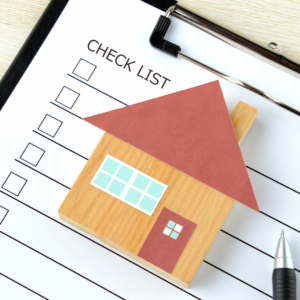You are now a real estate investor. You may own several properties and have reserves that you want to keep using for buying and selling real estate. We’re going to touch on a few items to consider as getting this deep into real estate is very specific for each situation and investor.
Leveraging money – As you build equity in your properties, you may want to set up lines of credit on them. Typically a bank will give you 70-80% of the equity on a line. This allows you to tap into that equity to purchase or rehab other properties. Keep in mind that you will be paying interest on any money you use and that it will have to be paid back at some point.
Hard money – You may need to find a “hard money” lender who can provide you fast cash for purchasing a property. These loans are usually short term with high interest rates. They can be helpful when you find an amazing deal that you are going to turn around and resell or refinance. It’s important to find a reputable lender through a referral in these situations.
Cash-out refi – As you come across great deals, you may be able to pick up properties that you will be able to pull your money out of after capital improvements are made or rents are increased. Typically, you would pull out 80% of the value and leave 20% in for the downpayment of the new mortgage. This only works if the property value greatly increased from the purchase price. Keep in mind that there is also a seasoning period before a bank will give you the refi.
Buy & Hold or Flip – Each deal you find should be evaluated to see which use is best. Is it better to buy and hold as a rental property, or better to rehab and flip? This also comes down to your goals. If you are looking for long-term returns, then holding is better. If you need to make some cash now, a flip may be best. In either situation, you need to know how to figure all of the costs to purchase, rehab, hold, sell, etc.
If you have questions about real estate investing, please reach out. I’m happy to meet and discuss your specific situation.







